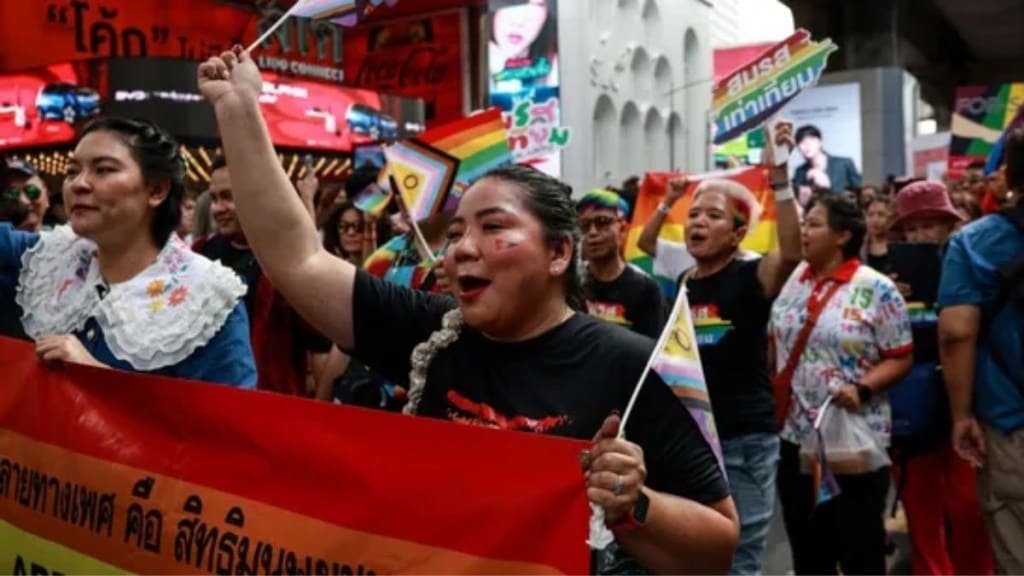A third of LGBTQIA+ women and non-binary individuals in India say they feel unrepresented by the advertising of products they use, according to new research from Kantar, conducted in partnership with DIVA Charitable Trust and The Curve Foundation.
The survey, which covered almost 500 respondents, highlights a persistent gap between the marketing messages brands promote and the real experiences of LGBTQIA+ consumers. This comes despite 78% of LGBTQIA+ people globally saying it is important that the brands they buy from actively support diversity and inclusion.
While brands often speak about inclusivity, a significant proportion of LGBTQIA+ consumers continue to feel invisible in mainstream campaigns. Worldwide, the LGBTQIA+ community represents an estimated $3.9 trillion in annual buying power, underscoring the missed opportunity for companies failing to reflect this audience authentically.
Beyond advertising, the survey also found that LGBTQIA+ women face broader exclusions within organisations. About 72% said that corporate LGBTQIA+ networks and career development programs tend to be dominated by men, limiting opportunities for women and non-binary individuals even in supposedly inclusive spaces.
Other findings paint a mixed picture. While 76% of respondents believe attitudes toward LGBTQIA+ parenting have improved, 28% still find it hard to be an LGBTQIA+ parent in their local communities. In India, 87% said access to parenting routes like adoption, IVF, or surrogacy remains far more difficult compared to cisgender, heterosexual counterparts.
Nancy Kelley, Executive Director of DIVA Charitable Trust, said the findings point to the crucial role that visibility plays in defending LGBTQIA+ rights today. “Visibility has become not just about representation, but about survival,” she said.

